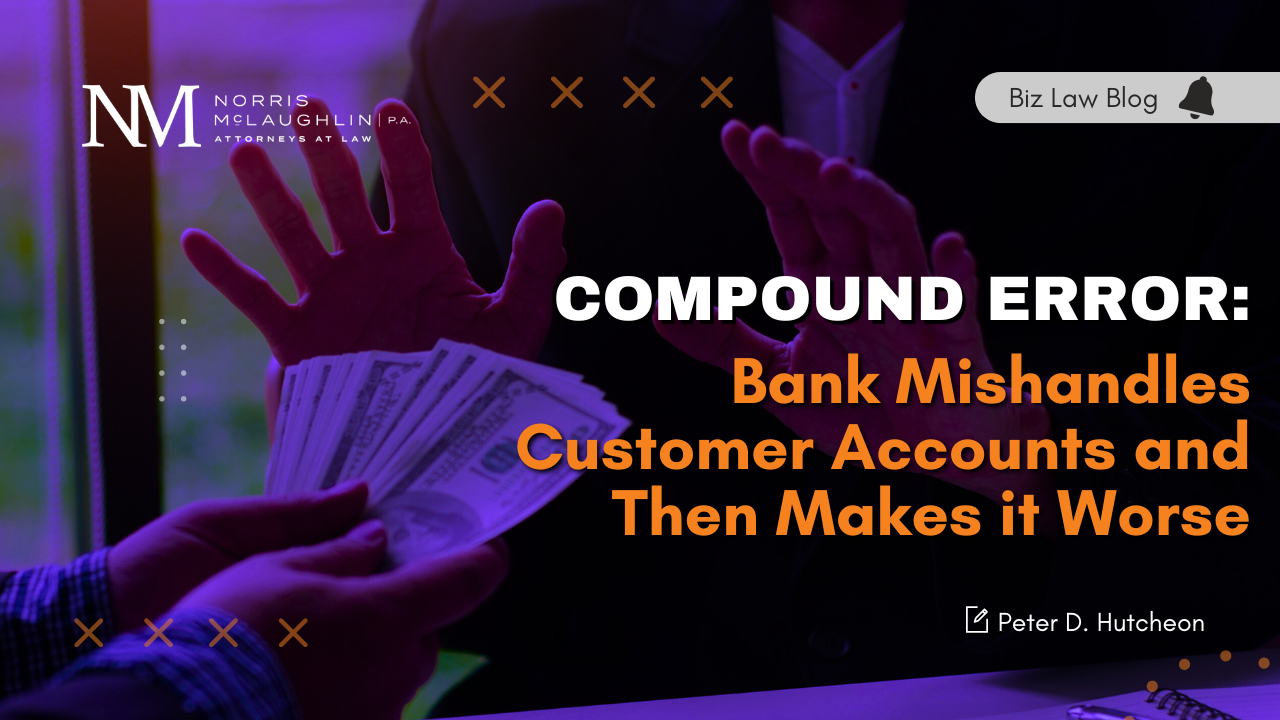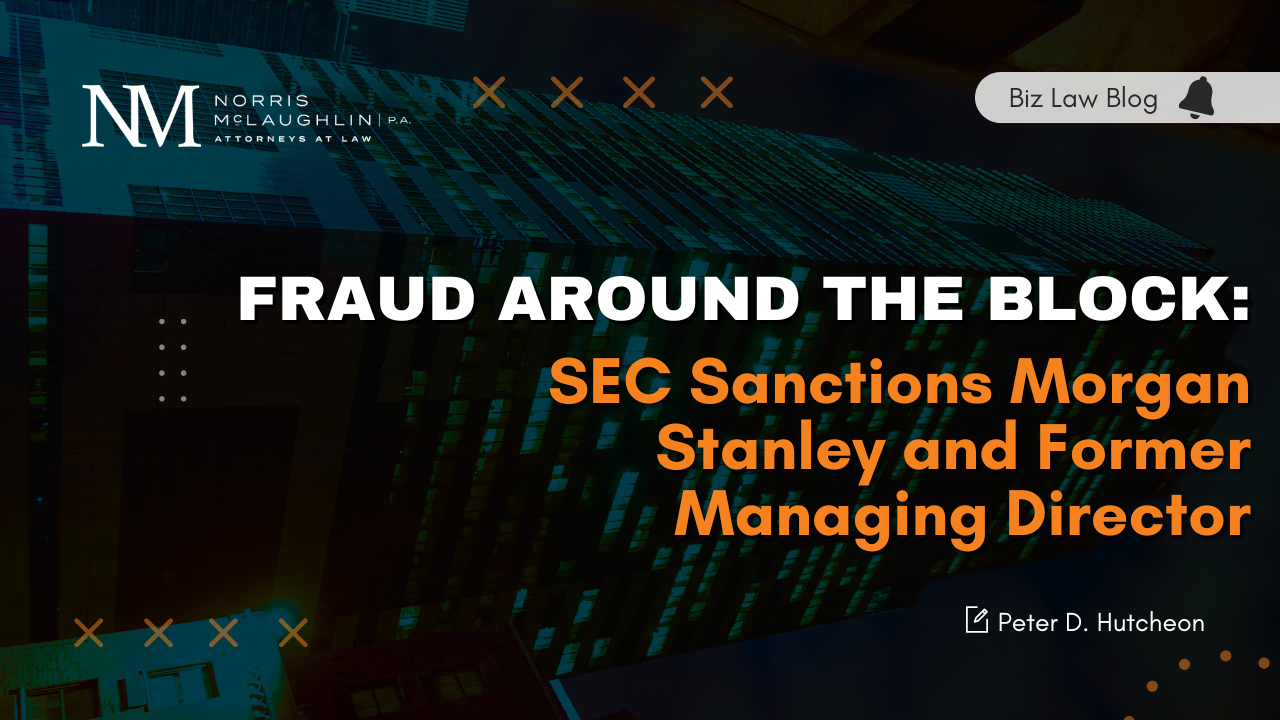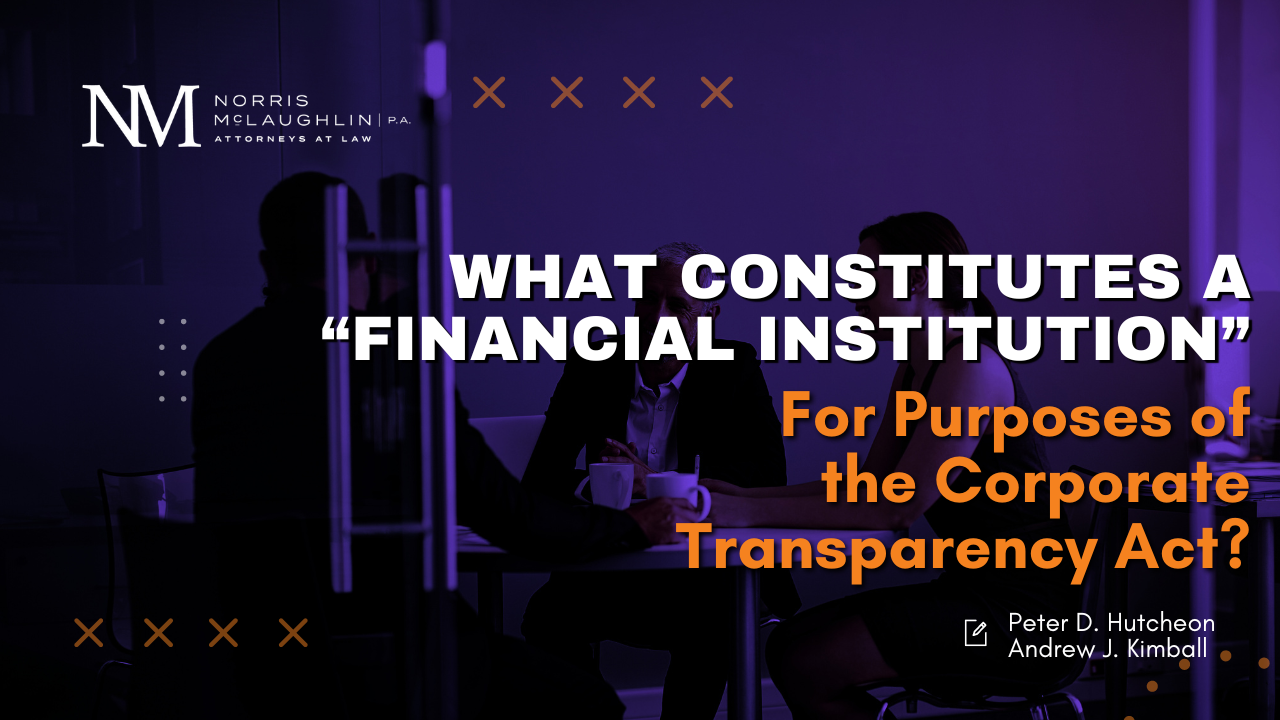Do Your Due Diligence: U.S. Securities and Exchange Commission Warns Main Street Investors About COVID-19-Related Fraud
On April 10, 2020, the U.S. Securities and Exchange Commission (SEC) warned Main Street investors about COVID-19-related fraud. The SEC continues in its efforts to ferret out questionable capital raising initiatives as can be shown through an April 21, 2020, litigation release pertaining to an alleged fraud involving investments in marijuana-related companies.
Investment Fraud Allegations
The allegations involve an individual who solicited investment from more than 60 retail investors based on claims that he would use their $5.5 million investment to acquire a marijuana dispensary network and then subsequently proceed to an Initial Public Offering or merger that would realize significant investor profits. The SEC alleges that instead of using the money for the stated purpose, the money was misappropriated to pay for personal expenses for a lavish lifestyle including the following:
- $1.2 million to purchase classic and luxury cars, such as a 2013 Bentley, 2017 Corvette, 2017 Camaro, 1969 Camaro, two 1968 Camaros, a 1965 Corvette, two 1963 Corvettes, a 1957 Chevy, a 1970 Mach 1 Mustang, and on various other car-related expenses
- $580,000 on a loan to himself to pay off his mortgage
- $465,000 to purchase thousands of cryptocurrency coins
- $286,000 in ATM and cash withdrawals
Why would an investor buy-in to this scheme? In this case, they were told false information about a history of successful entrepreneurial experience and claims about an impending merger transaction, which was fiction.
The SEC charges include violations of the Securities Act and the Exchange Act and based on those charges, the SEC has agreed to a settlement on the matter, pending court approval, that provides permanent injunctive relief, disgorgement, and imposes civil penalties.
Do Your Due Diligence
When considering an investment in any market area, perform your due diligence on the company and its key personnel. Understand the risks associated with the investment, the avenues to monetize the investment, and the terms that come along with being a holder of the investment. Ask questions of management and involve your professional advisers in the process. Your accountant can help with financial due diligence and an understanding of the tax implications of the investment. Your financial adviser can help with questions about suitability and how the investment affects your portfolio diversification. Your attorney can help parse through liability and other risks associated with the investment and the agreements you will need to sign for participation. Unfortunately, no investment is guaranteed, but additional due diligence may be able to help you identify those investments that never have a chance or that may be a fraud, especially in this COVID-19 world.
If you have any questions about this post or any other related matters, please email the Business Law Practice Group Co-Chairs, David Blatteis at dsblatteis@norris-law.com, Dolores Laputka at dlaputka@norris-law.com, or Graham Simmons at gsimmons@norris-law.com. For other topics related to COVID-19, visit our Coronavirus Thought Leadership Connection.
The information contained in this post may not reflect the most current developments, as the subject matter is extremely fluid and constantly changing. Please continue to monitor this site for ongoing developments. Readers are also cautioned against taking any action based on information contained herein without first seeking advice from professional legal counsel.



